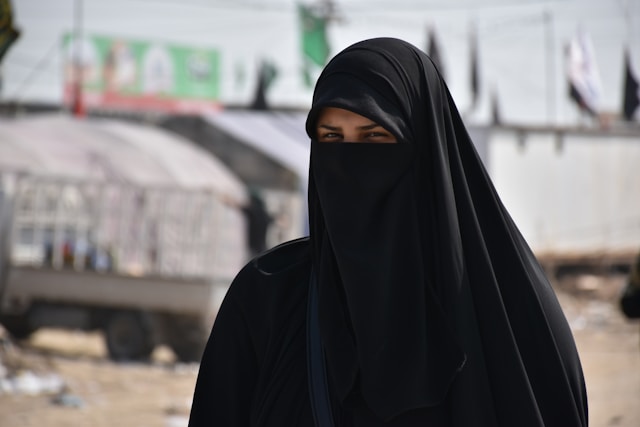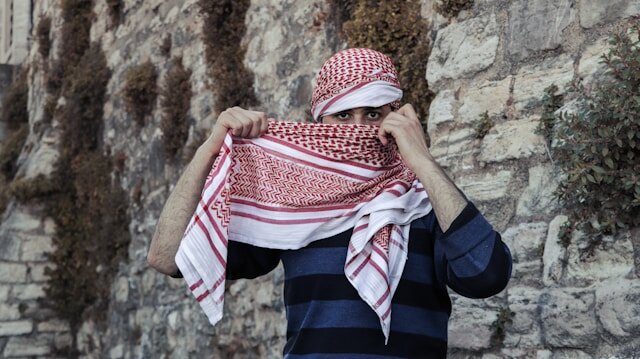The headscarf controversy in Turkey shows how different regulatory-rights frameworks on the same issue across time create different pathways leading to different outcomes.
The context was exclusionary until AKP’s coming to power in 2002, which generated a resentful mode of belonging among the veiled women. JDP’s coming to power, especially in its early years, gave hope that there might finally emerge an emancipatory context, with heightened sense of belonging and a transformative outcome. However, attunement remained partial.
The precarity which came with continued distrust and fear prevented transformation of the Turkish context for the veiled women. An outcome of dialogue emerged as the hard-line secularists recognized the consequences of exclusion and discrimination which enabled Islamization policies with public support and activist Islamist women increasingly recognize that the controversy goes beyond headscarf.
The headscarf controversy case illustrates that regulatory-right pathways need a wider understanding that any religious conflict also has gender and social class dimensions. As long as it is reduced to a lifestyle choice, it is not possible to create a democratic and emancipatory regulatory-rights pathway that might end up in an emancipatory context where discriminated groups have heightened sense of belonging due to comprehensive attunement, inclusivity and social justice. Only then, the outcome can be transformative.






